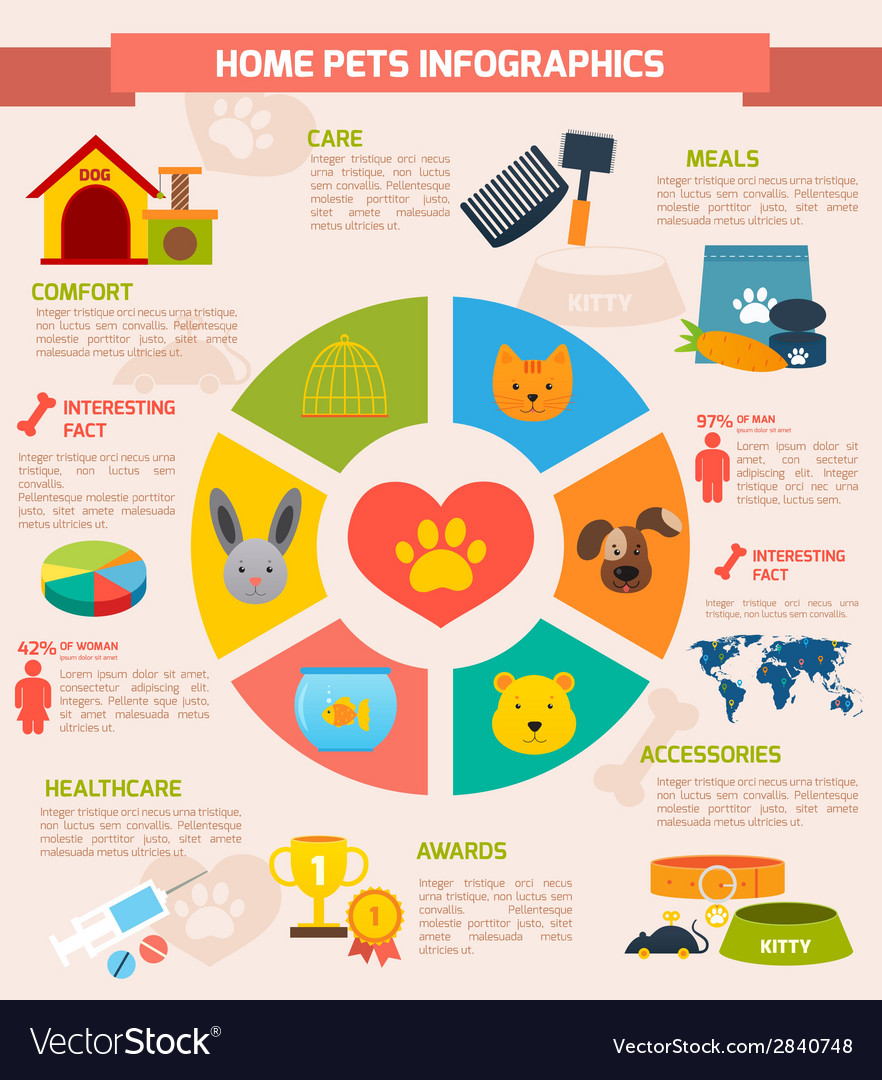Whether your canines hang around at childcare or boarding centers, they need to be up-to-date on all of their needed inoculations. Core injections consist of Bordetella, rabies and DA2PP, which defend against usual diseases that dogs are exposed to when in close contact with others.
Non-core vaccines include canine influenza and leptospirosis shots. These are recommended for pups that mingle with other dogs frequently.
Core Vaccines
As an essential part of preventive treatment, pet dog vaccinations help keep dogs safe from infectious conditions sent via straight call or infected surface areas. Vaccinations promote the immune system to create antibodies that fight condition, and many veterinarians think about core pet injections to be essential for all family pets.
Rabies
The majority of respectable pet childcare facilities require that your pet depend on day on their rabies vaccination. Inoculations are provided to puppies as very early as 12-16 weeks old, and boosters are required every three years or so till their adult years. Rabies is a deadly viral illness that spreads via saliva, commonly from attacks. Many states require rabies inoculations for all pet dogs and cats, and some also mandate rabies boosters for family pet owners.
Distemper/Parvovirus/Adenovirus (DHPP).
This combination injection covers canine distemper, parvovirus, hepatitis, and adenovirus, every one of which are highly contagious. A lot of veterinary workplaces provide DHPP vaccinations as one shot or in a collection of two to 4 shots, provided 2-4 weeks apart, followed by a yearly booster. This injection is a demand for most boarding and dog daycare centers, as well as several groomers.
Bordetella/Canine Parainfluenza Injection.
Bordetella bronchiseptica, frequently referred to as kennel cough, is a really contagious respiratory system infection brought on by the microorganisms that triggers the disease. Signs and symptoms include relentless coughing, sneezing, nasal discharge, and high temperature. Many kennel cough outbreaks take place in crowded settings, such as day care or boarding centers, and are especially usual in warmer weather condition. This vaccine is a demand for most day care and boarding facilities, and is frequently used in a combination with the DHPP injection.
Leptospirosis Vaccination.
This is a bacterial condition that spreads via contaminated water, soil, and dog boarding near me pee. Infection can trigger kidney and liver damages, in addition to fatality, and is transmissible to human beings. The majority of veterinarians will recommend this vaccine, based on geographical location and lifestyle of the pet, for canines that spend time outdoors or at boarding centers, along with some groomers. This vaccine is typically provided as a collection of 2 to 4 shots, spaced 2-4 weeks apart, with an annual booster needed for many family pets.
Lyme Illness Injection.
One of the most typical tick-borne condition in the USA, Lyme condition is transmitted by the deer tick and can result in high temperature, joint discomfort, muscular tissue pain, and loss of appetite. The Lyme illness injection secures against one of the most widespread strains of the virus, including the H3N8 and H3N2 strains. Most veterinary clinics recommend this vaccine, particularly in high-risk locations, such as the Northeast, top Midwest, Mid-Atlantic, and along the Pacific shore.
Noncore Vaccines.
Various other pet dog vaccinations, while not needed for all family pets, are suggested based on the dog's lifestyle and geographical area. These include the following:.
